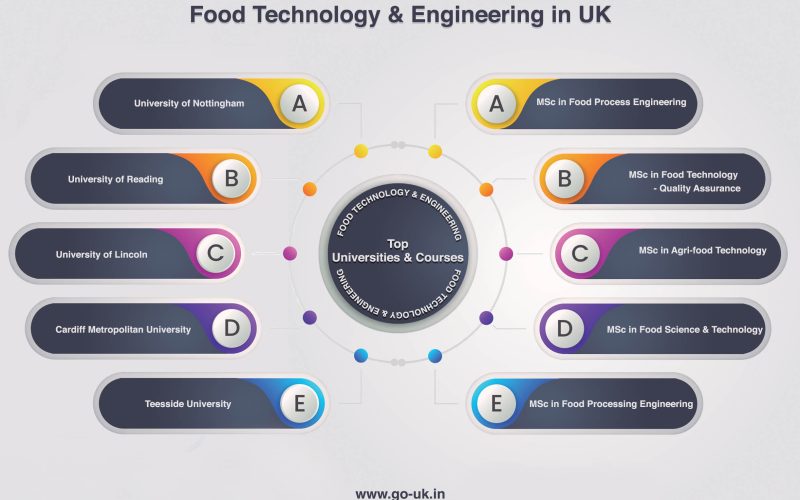Introduction
The food agencies in the United Kingdom are facing a daunting challenge that threatens the nation’s food safety and integrity: staffing shortages. This article serves as a comprehensive exploration of the pressing issue of understaffing within UK food agencies, shedding light on its implications for the safety and quality of the food supply chain, public health, and regulatory oversight.
The Foundation of Food Agencies
Food agencies play a pivotal role in ensuring the safety and quality of the food consumed by the public. From inspections and regulation to monitoring and investigation, these agencies are the bedrock of food safety in the UK.

The Current Staffing Shortage Crisis
A stark and growing issue has recently come to the forefront – staffing shortages within these vital food agencies. This crisis manifests as a shortage of inspectors, lab analysts, and administrative personnel, impacting the agencies’ operations and their ability to carry out essential functions.
Implications for Food Safety
The shortage of personnel has far-reaching implications for food safety. Fewer inspections mean potentially more unmonitored risks in the food supply chain, which could lead to contamination, outbreaks, and health hazards.
Impact on Regulatory Oversight
The regulatory oversight conducted by food agencies relies on an adequate workforce. Staffing shortages hamper the agencies’ ability to effectively enforce and uphold food safety standards, leading to potential regulatory gaps and loopholes.
Public Health Concerns
At the heart of this issue are the concerns for public health. Insufficient staffing can lead to delayed responses to food safety incidents, increasing the risk of harm to consumers.
Causes of Staffing Shortages
Understanding the root causes of staffing shortages is essential to finding long-term solutions. Factors like budget constraints, Brexit-related challenges, and the COVID-19 pandemic have all contributed to this crisis.
The Role of Brexit
Brexit has had a significant impact on the staffing shortage issue. Changes in immigration policies have restricted the pool of available talent from other European countries.
COVID-19’s Ongoing Impact
The COVID-19 pandemic further exacerbated the problem. It disrupted hiring processes, created additional workloads, and led to the isolation of some staff due to illness or quarantine.
The Food Agency Workforce: Current State and Future Needs
To address the crisis, it’s vital to evaluate the current state of the food agency workforce and determine the ideal staffing levels required to ensure robust food safety and regulation.
Short-Term and Long-Term Solutions
The staffing shortage crisis demands both short-term and long-term solutions. Immediate measures may involve reallocating existing resources, while long-term strategies may encompass recruitment drives, revised immigration policies, and enhanced training programs.
The Role of Technology
Embracing technology is another avenue for addressing staffing shortages. Automation, data analytics, and digital tools can help agencies streamline their operations and enhance their capacity for monitoring and inspection.
Collaborative Efforts
Collaboration between government agencies, food industry stakeholders, and educational institutions can further support the efforts to combat staffing shortages. Public-private partnerships and academic initiatives can be instrumental in finding solutions.

Conclusion
The critical staffing shortage within UK food agencies is a matter of paramount importance. The safety and integrity of the nation’s food supply chain, regulatory oversight, and public health are at stake. Addressing this issue requires immediate and sustained efforts, including a comprehensive evaluation of workforce needs, short-term measures to alleviate the crisis, and long-term strategies to ensure a robust and resilient food agency workforce. Collaboration, technological integration, and a focus on the well-being of the workforce will all play pivotal roles in overcoming this critical issue. The urgency of the matter cannot be understated, and it calls for a collective commitment to safeguarding the nation’s food safety and public health.












